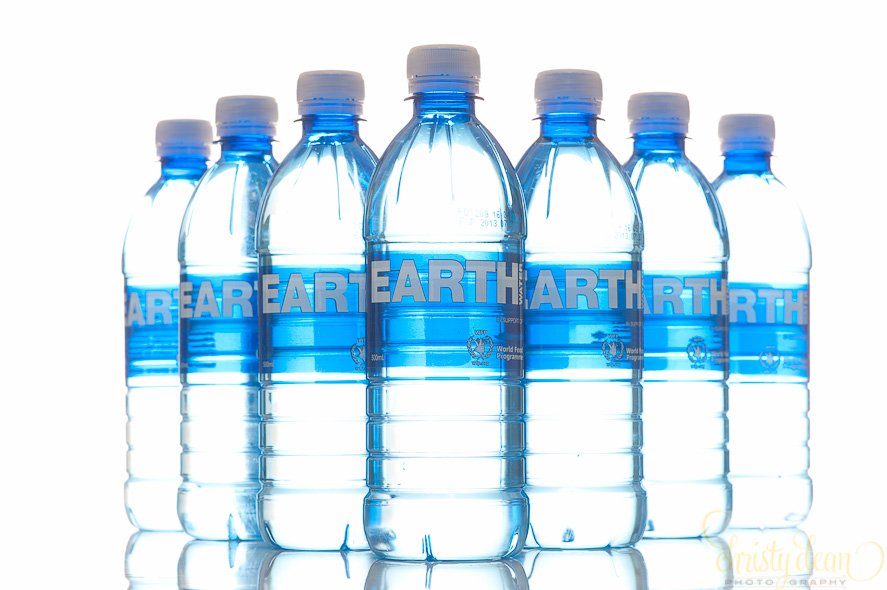High Carbohydrates + Protein + Fat
Carbohydrates
Carbohydrates are an energy-yielding nutrient to the body. It is also known as glucose and gets stored in the body as glycogen in the muscles and liver. The body relies on the glycogen stores to give energy to the body for the first 3-20 minutes of sustained moderate intensity of work by the athlete. The depletion of glucose stores will make the body exhausted and make it harder to continue to compete. However, to fill up the glycogen stores in the body to help prolong the process of fatigue during a game, eat a high carbohydrate meal before the game.
Protein
Protein is an energy-yielding nutrient as well. It is stored in the body as amino acids. It is not a major source of fuel during game time but nonetheless plays an important role. The body uses amino acids for power, strength and speed during competition. Eating protein will sustain muscle growth and prevent muscle loss. Having muscle is key to a great performance, which is why eating protein before a game is important.
Fat
Fat is also an energy-yielding nutrient to the body. It is not used right away as an energy source in games but plays an important role later on in the game when your body begins to get tired. After about 20 minutes of sustained moderate work by the body, this is when the body taps into its fat stores and uses it for energy. This is why consuming fat on game day is crucial for success! But remember, a little goes a long way and balance is key.
How to Fuel Before the Game
- 2-3 hours before the game
- Eat a meal with all of the macronutrients: carbs + protein + fat with an emphasis on carbs
- Aim to get all the 5 food groups in the meal for balance
- It will help give the body all the important nutrients for success
- 5 food groups are:
- Carbs/Starch
- Fruits and Vegetables
- Meat/Protein
- Dairy
- Fat
Healthy Options
- Eggs + toast + fruit + milk
- Turkey or grilled chicken sandwich or wrap + cheese + lettuce + fruit
- Salad + grilled chicken + cheese + bread roll





